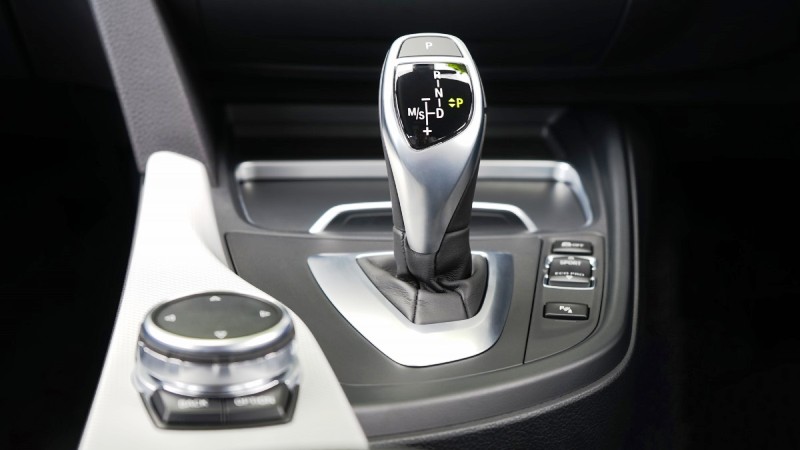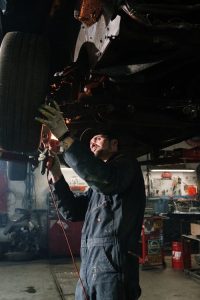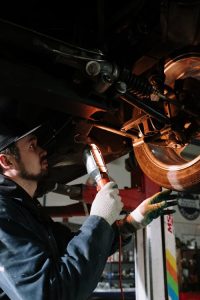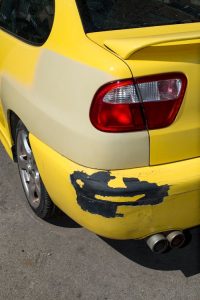In the realm of automotive maintenance, the gearbox stands as a pivotal component, ensuring the smooth transition of gears and the efficient operation of your vehicle. Yet, like any complex mechanism, it’s prone to wear and tear. Among the early harbingers of gearbox malaise is an unusual whistling sound—a signal that should not be ignored by any vehicle owner. Understanding what these sounds mean can save you from the inconvenience of breakdowns and costly repairs. Let’s delve into how these gearbox sounds predict potential vehicle trouble and what actions you should take.
Recognizing the Signs
The Whistle’s Origins
A whistling noise emanating from your gearbox is often the result of friction among gears, bearings, or other internal components not functioning as they should. This friction could be due to insufficient lubrication, worn-out parts, or incorrect alignment. It’s a sound that demands immediate attention, as it indicates that your vehicle’s gearbox is under undue stress.
Other Telltale Sounds
While a whistle is a clear sign, gearboxes can emit a variety of noises indicating trouble, such as grinding, humming, or clunking sounds. Each noise is a clue towards the underlying issue, from gear misalignment to bearing failure, highlighting the importance of keen auditory observation for vehicle owners.
Understanding the Implications
The Risk of Ignoring
Ignoring these warning sounds can lead to a range of problems, from decreased fuel efficiency to the total failure of the gearbox. In severe cases, it can compromise the safety of your vehicle, putting you and your passengers at risk.
Early Diagnosis, Better Prognosis
Identifying and addressing the cause of gearbox noises early can prevent minor issues from escalating into major repairs. Regular maintenance checks, including gearbox oil levels and quality assessments, can significantly prolong the life of your gearbox and enhance your vehicle’s performance.
Practical Steps to Address Gearbox Noises

Professional Inspection
At the first sign of trouble, such as a whistling noise, it’s crucial to seek a professional mechanic’s expertise. They can conduct a thorough inspection, diagnose the issue, and recommend the best course of action, whether it’s a simple lubrication job or a more complex repair.
Regular Maintenance
Adhering to a regular maintenance schedule is paramount in preventing gearbox and other vehicular issues. This includes timely oil changes, using the correct type of lubricant, and ensuring that all components are in good working condition.
Driving Habits
Your driving habits can also impact the health of your gearbox. Smooth, gradual gear changes and avoiding overloading your vehicle can help minimize wear and tear on the gearbox, extending its lifespan.
Navigating Towards a Solution
When Repairs Are Necessary
Should repairs be unavoidable, it’s important to weigh the cost against the value of your vehicle. In some cases, particularly with older vehicles, the cost of repairing the gearbox may not be justifiable. However, for newer models or vehicles in good condition, repairing the gearbox can restore your vehicle’s performance and reliability.
The Role of Technology
Advancements in automotive technology have introduced diagnostic tools that can accurately pinpoint gearbox issues. These tools, combined with a mechanic’s expertise, can ensure that the exact problem is identified and addressed, minimizing guesswork and unnecessary repairs.
The Journey Ahead: Ensuring Gearbox Health
The key to avoiding gearbox-related troubles lies in proactive vehicle care. By tuning into your vehicle’s needs—listening for unusual sounds, adhering to maintenance schedules, and adopting good driving practices—you can ensure that your gearbox, and by extension, your vehicle, remains in optimal condition. This not only enhances your driving experience but also contributes to the overall longevity and value of your vehicle.
In conclusion, a whistling gearbox serves as an early alarm system, signaling the need for immediate attention. By understanding the implications of these sounds and taking swift action, you can safeguard your vehicle against major repairs, ensuring it remains a reliable companion on the road. Remember, the health of your gearbox is a pivotal component of your vehicle’s overall performance; treat it with care, and it will serve you well for miles to come.




